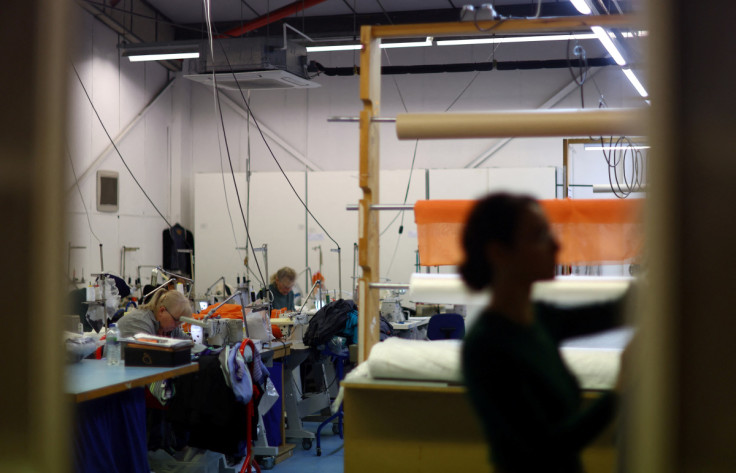Three-quarters of UK businesses are lacking experienced workers
According to a recent report, the majority of businesses lack initiatives to attract older workers back into the workforce, despite government efforts.

According to RSM UK's latest 'The Real Economy Report', over 82 per cent of businesses do not have any initiatives in place to entice older or retired workers back into the workforce, despite recent government efforts to re-engage the over-50 demographic.
This oversight could mean that many companies are missing out on a valuable opportunity to address personnel and skills shortages by tapping into the wealth of knowledge and experience the older generation can offer.
The research conducted by RSM highlighted that 30 per cent of businesses currently do not offer flexible work schedules, which could entice individuals with caregiving obligations to return to the workforce. These people have fewer employment options as a result of this rigidity, and businesses also run the danger of losing out on experienced workers who are qualified for the job.
It's interesting to note that since the start of the pandemic, workplace dynamics have changed significantly. Companies are now asking workers to return to the workplace after embracing hybrid working arrangements, with Chancellor Hunt even suggesting that the office should be the default destination for workers.
A reported 52 per cent of businesses that have hybrid choices have mandated a minimum number of days or hours that must be spent working in an office over the last year, and 32 per cent intend to do so again in the upcoming year. Additionally, 30 per cent of employers anticipate doing the same within the upcoming 12 months, and nearly half (42%) have encouraged their staff to return to full-time office work in the past year, according to the report.
The report stated that the push for in-person work is motivated by the desire to increase productivity (33%) and enhance collaboration/teamwork (15%), but this strategy may put off those who need flexibility due to childcare or caregiving commitments. Separate studies have indicated that approximately four million people changed their professions in the past year due to a lack of flexible working options.
Deborah Payne, Associate Director at RSM UK, emphasised that businesses struggling with recruitment and retention should not overlook the potential of the labour market. Workers are more inclined to seek more compensation and better benefits because they have the upper hand in a competitive employment market.
Payne pointed out that it is more important than ever for businesses to provide flexible and hybrid working choices, in addition to competitive pay and benefit packages. A healthy work-life balance is frequently a top priority for employees.
Payne agreed that current economic challenges have put a lot of strain on firms, and rehiring older workers may not have been their top priority. The importance that these seasoned individuals may offer to a team must be acknowledged. The RSM UK chief believes that a diverse mix of generations and promoting cross-collaboration can benefit the entire workforce.
Despite the downturn in economic development over the previous year, the unemployment rate has hovered around 4 per cent, according to Thomas Pugh, economist at RSM UK. The fact that 450,000 people have quit the labour force because of disease related to the epidemic is one factor.
Pugh does point out some encouraging indicators that the labour deficit is starting to lessen. According to RSM UK's most recent MMBI survey, 43 per cent of middle market companies increased their staffing in Q2, compared to 48 per cent in Q1.
Additionally, there are almost 200,000 fewer job openings this year than last, while the number of redundancy notifications given this year is about 50 per cent more than they were at this time last year. With almost 200,000 inactive people (those who are neither working nor looking for work) rejoining the labour market since its peak in Q2 of the previous year, the supply side of the workforce is gradually improving.
Pugh noted that despite the difficulty of hiring low-skilled foreign labour due to Brexit, immigration levels are still high. By the end of 2023, the unemployment rate is predicted to gradually rise to roughly four per cent, according to Pugh's forecast.
However, it's likely that firms won't be able to fire a sizable number of workers due to the economic recovery in the second half of the year. For the foreseeable future, it is anticipated that labour will continue to be a valued and scarce resource, Pugh added.
© Copyright IBTimes 2025. All rights reserved.






















